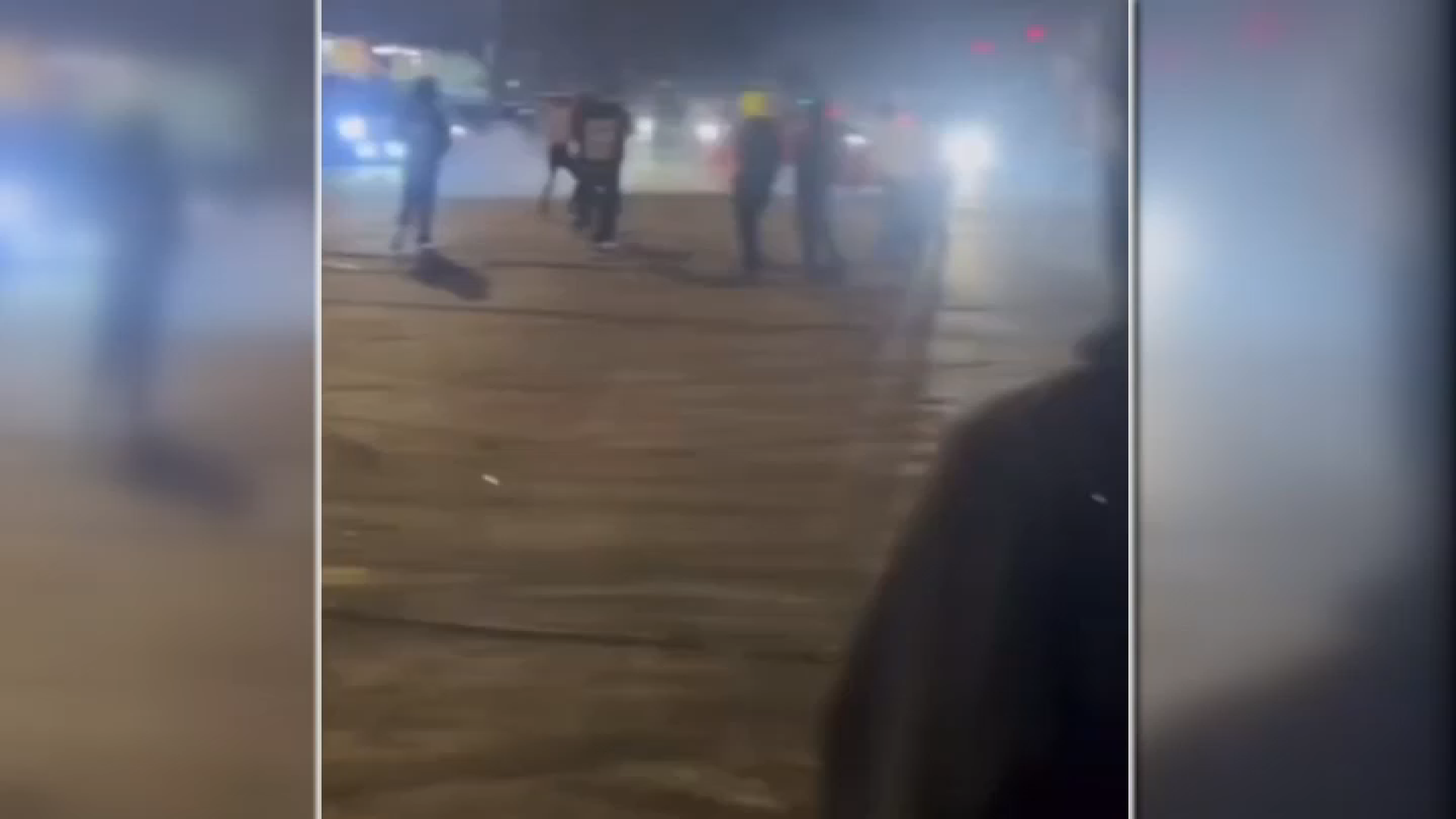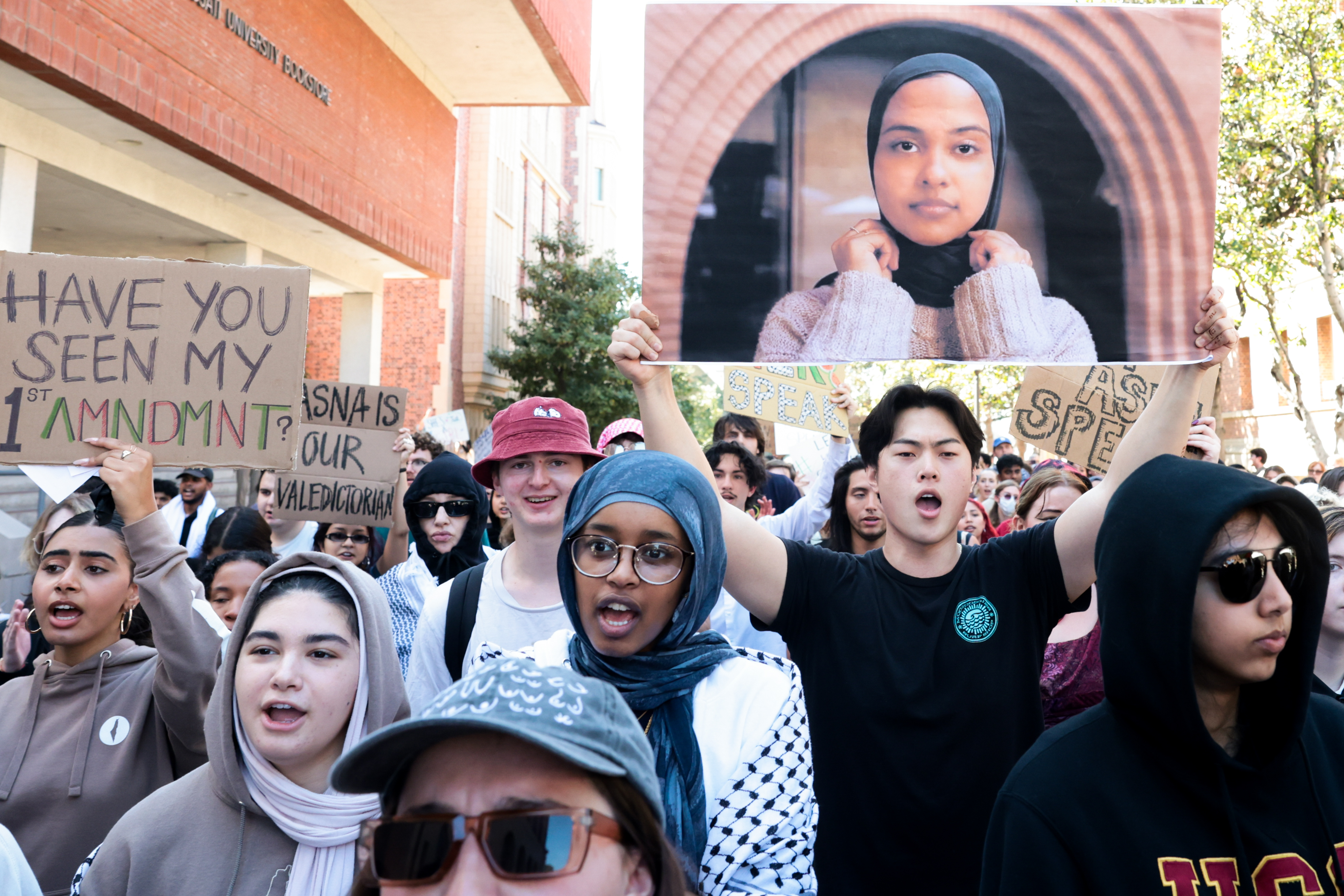A smartphone app designed to change the digital narrative between law enforcement officials and the public, by permanently recording police activity, was announced Thursday.
"We've all seen over these many months now how smartphones and their video cameras have helped jump start the national conversation on race and law enforcement and violence," said Hector Villagra, executive director of the American Civil Liberties Union of Southern California, during a Thursday afternoon press conference. "They've opened up a different lens and offered a new look into police abuse."
If people know and exercise their Constitutional right to record, it will promote transparency and accountability, Villagra added.
The free app, called Mobile Justice, is "aimed at improving individual Californians' ability to document interaction with law enforcement," according to a written statement released by the ACLU.
Mobile Justice allows people to record their interactions with officials on their smartphone. As soon as the smartphone stops recording, the footage is sent to ACLU's offices and recorded.
The app is "far more effective" than simply using a smartphone's video recording function, Villagra said.
If the phone is taken at a later time, or if data is deleted, the ACLU will have a copy of the recorded interaction on its servers.
News
Top news of the day
Trying to deter officers from tampering or deleting footage, the app also has a lock function preventing anyone from acessing the phone. It also has a witness function that sends alerts to anyone within a 3-mile radius that also has the app.
The release Mobile Justice comes just days after the Los Angeles Board of Police Commissioners voted 3-1 to approve the use of body cameras for LAPD officers on Tuesday.
Patrisse Cullors, co-founder of #BlackLivesMatter, sees the app as "the people's body camera."
Peter Bibring, the Director of Police Practices for the ACLU of California, spoke about the First Amendment right to photograph during the press conference. It's "a crucial way to provide accountability for police violence and misconduct," Bibring said.
LA resident Griffith Fuller Jr. says he was stopped by a police officer for jaywalking at a West Hollywood intersection last November.
"It became obvious that I was being profiled," Fuller said.
The 28-year-old said he pulled out his phone and recorded the confrontation with the officer, who then allegedly deleted the footage.
Fuller said if he had the Mobile Justice app that night, "it wouldn't have been his word [the officer's] against mine. It would have been backed up and archived."
The Mobile Justice app is available for free on Apple and Android phones.



